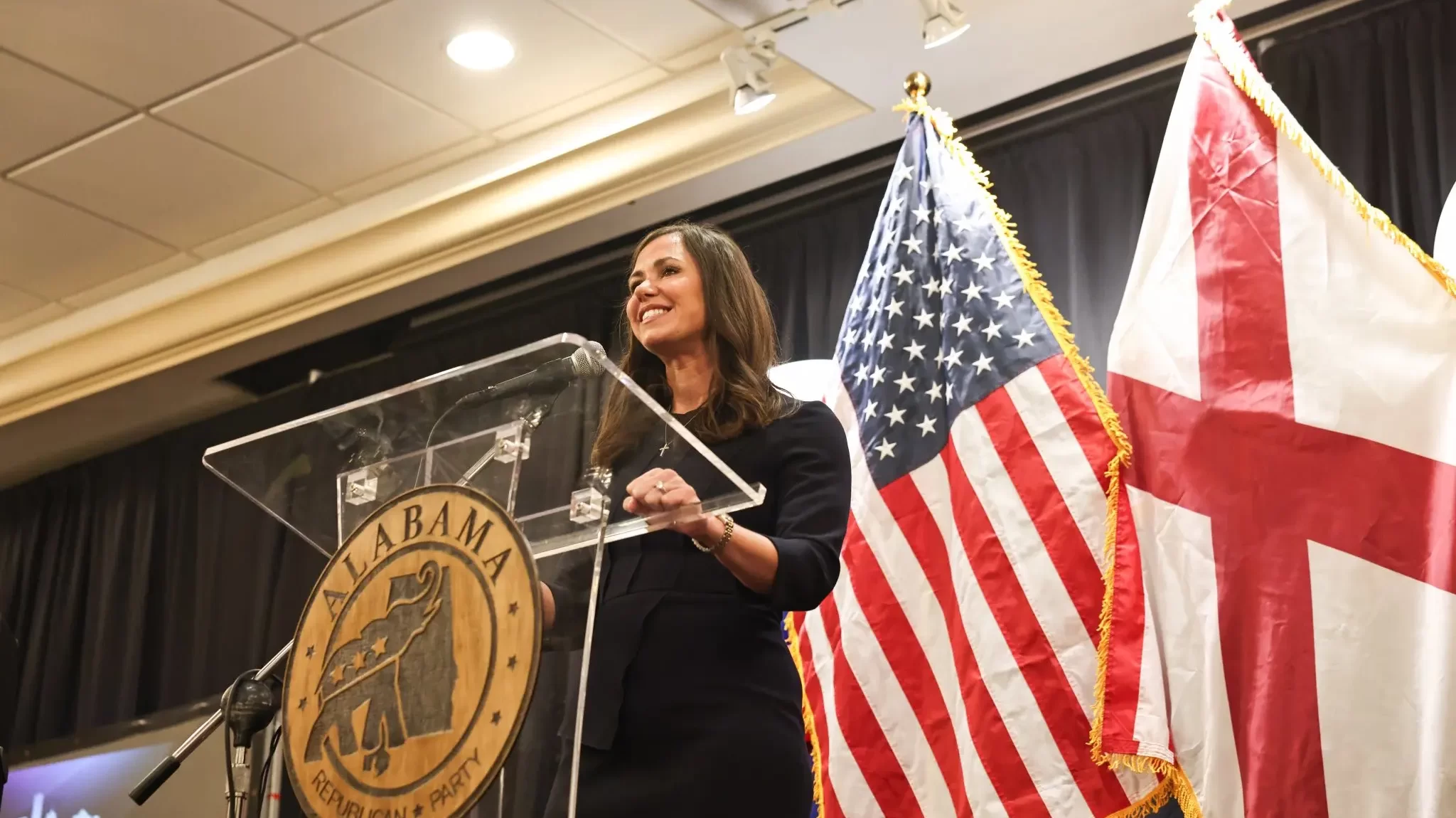|
Getting your Trinity Audio player ready...
|
On Friday, U.S. Sen. Katie Britt, R-AL, joined 103 federal lawmakers in urging President Biden “to stand up for families navigating the People’s Republic of China’s (PRC) decision to end intercountry adoptions for those without Chinese familial ties.”
In August, China’s Foreign Ministry announced that it would no longer be sending Chinese children abroad for adoption as China faces a sharply declining birthrate. Only foreigners adopting the children or stepchildren of blood relatives in China are exempt from the new policy.
The policy raises concerns about the future of hundreds of Chinese children who were already in the process of being adopted by American families when the change in policy was announced. According to Sen. Britt, at least 16 of those families are from Alabama.
“We request that you act in the best interest of these children and families by urging the PRC to fulfill and uphold the commitment the country has made,” reads the lawmakers’ letter to President Biden.
“The American families that have been matched with their adoptive children are prepared to meet their long-term medical and emotional needs, and to give them the love and nurturing they need,” it continues. “Many of these children know that they have a home, which in many cases have been prepared for their arrival since the families were notified that they were matched and moving forward with the adoption process.”
Between 1999 and 2023, American parents adopted over 80,000 children from China, accounting for 29 percent of all overseas adoptions in the U.S.
However, the COVID-19 pandemic caused China to suspend international adoptions in 2020, with no Chinese children sent to the U.S. for adoption until 2023. According to the State Department, only 16 children were adopted from China last year.
China’s shift in policy comes amid a demographic crisis spurred by its decades-long policy which restricted couples in the country from having more than one child. The “one child” policy was changed in 2015, when the Chinese government announced that married couples could have two children — that number was again increased in 2021, with Chinese couples now allowed to have three children.
Even with these relaxed restrictions, China’s birth rate has continued to fall, creating a rapidly aging population and a shrinking workforce which threaten the country’s economic and social stability. Now, China has turned to halting foreign adoptions as a means of addressing population decline. Other policies, like bolstered maternity leave and tax deductions for families, have also been instituted by the Chinese government in an attempt to incentivize population growth.
According to a recent State Department notice, China may still choose to complete adoptions for families in some countries. Britt and her colleagues called on President Biden to ensure that this would be the case for applicants in the United States.




















































